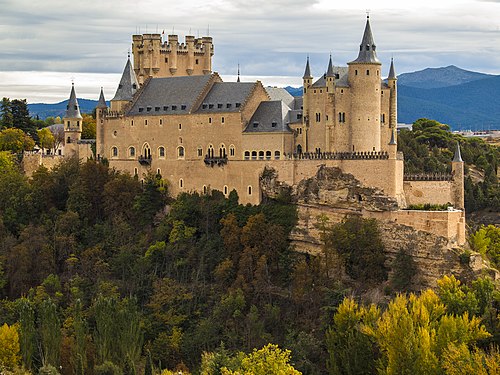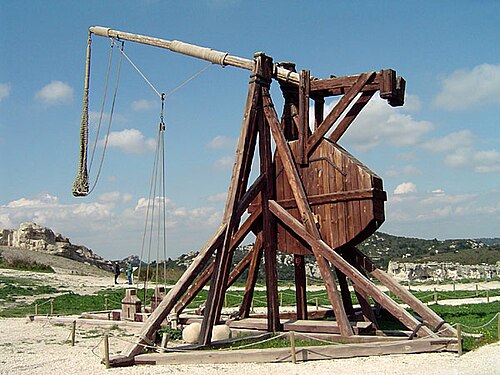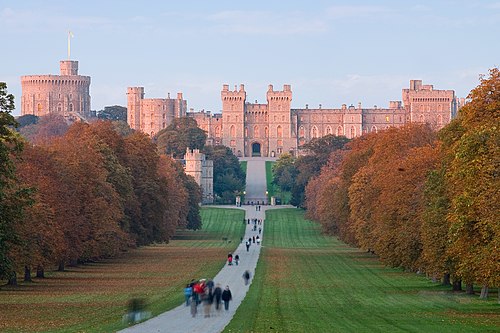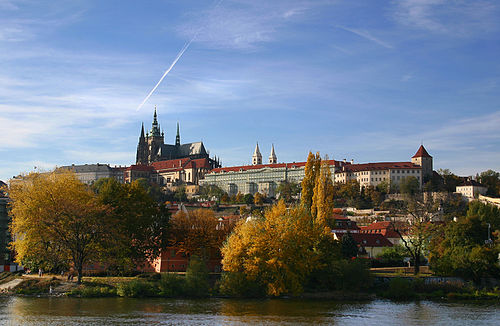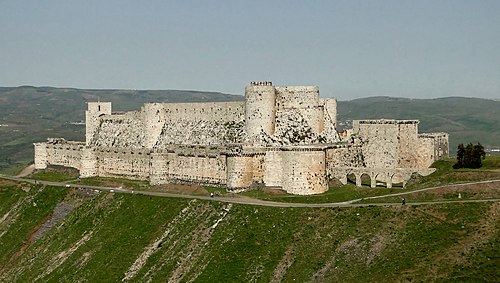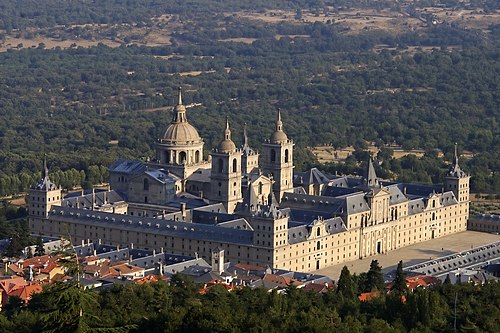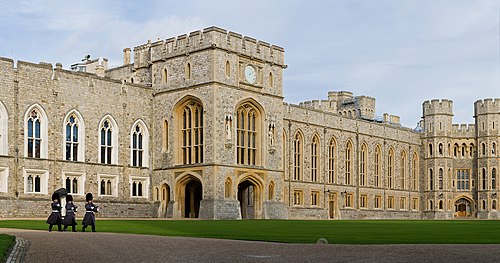Castlenoun
A large building that is fortified and contains many defences; in previous ages often inhabited by a nobleman or king.
Castlenoun
(chess) An instance of castling.
Castlenoun
A rook; a chess piece shaped like a castle tower.
Castlenoun
(shogi) A defense structure in Japanese chess in which the king (玉) is positioned in a certain way so that it is protected by pawns (歩) and silver general(s) (銀) and/or gold general(s) (金) often with an additional knight (桂) and lance (香車).
Castlenoun
(obsolete) A close helmet.
Castlenoun
(dated) Any strong, imposing, and stately mansion.
Castlenoun
(dated) A small tower, as on a ship, or an elephant's back.
Castleverb
(transitive) To house or keep in a castle.
Castleverb
To protect or separate in a similar way.
Castleverb
(obsolete) To make into a castle: to build in the form of a castle or add (real or imitation) battlements to an existing building.
Castleverb
To move the king 2 squares right or left and, in the same turn, the nearest rook to the far side of the king. The move now has special rules: the king cannot be in, go through, or end in check; the squares between the king and rook must be vacant; and neither piece may have been moved before castling.
Castleverb
To create a similar defensive position in Japanese chess through several moves.
Castleverb
(cricket) To bowl a batsman with a full-length ball or yorker such that the stumps are knocked over.
Castlenoun
A fortified residence, especially that of a prince or nobleman; a fortress.
Castlenoun
Any strong, imposing, and stately mansion.
Castlenoun
A small tower, as on a ship, or an elephant's back.
Castlenoun
A piece, made to represent a castle, used in the game of chess; a rook.
Castleverb
To move the castle to the square next to king, and then the king around the castle to the square next beyond it, for the purpose of covering the king.
Castlenoun
a large and stately mansion
Castlenoun
a large building formerly occupied by a ruler and fortified against attack
Castlenoun
(chess) the piece that can move any number of unoccupied squares in a direction parallel to the sides of the chessboard
Castlenoun
interchanging the positions of the king and a rook
Castleverb
move the king two squares toward a rook and in the same move the rook to the square next past the king
Castle
A castle is a type of fortified structure built during the Middle Ages predominantly by the nobility or royalty and by military orders. Scholars debate the scope of the word castle, but usually consider it to be the private fortified residence of a lord or noble.
Palacenoun
Official residence of a head of state or other dignitary, especially in a monarchical or imperial governmental system.
Palacenoun
A large and lavishly ornate residence.
Palacenoun
A large, ornate public building used for entertainment or exhibitions.
Palaceverb
(archaic) To decorate or ornate.
Palacenoun
The residence of a sovereign, including the lodgings of high officers of state, and rooms for business, as well as halls for ceremony and reception.
Palacenoun
The official residence of a bishop or other distinguished personage.
Palacenoun
Loosely, any unusually magnificent or stately house.
Palacenoun
a large and stately mansion
Palacenoun
the governing group of a kingdom;
Palacenoun
a large ornate exhibition hall
Palacenoun
official residence of an exalted person (as a sovereign)
Palace
A palace is a grand residence, especially a royal residence, or the home of a head of state or some other high-ranking dignitary, such as a bishop or archbishop. The word is derived from the Latin name palātium, for Palatine Hill in Rome which housed the Imperial residences.
























